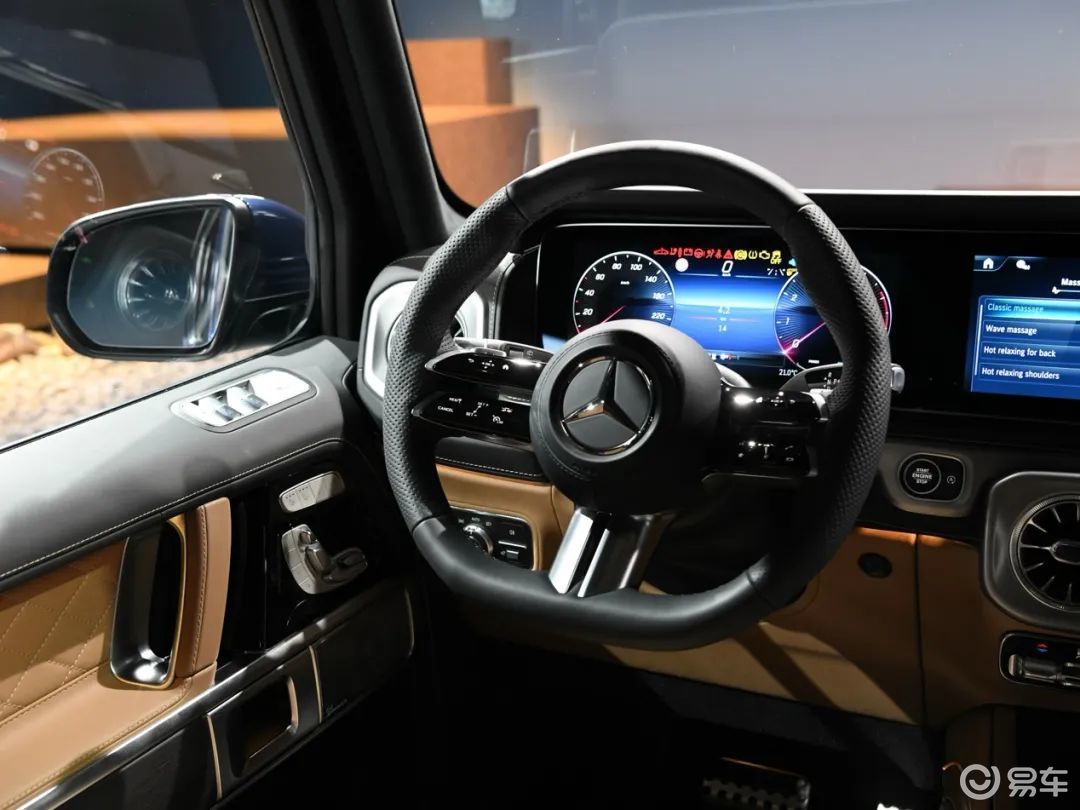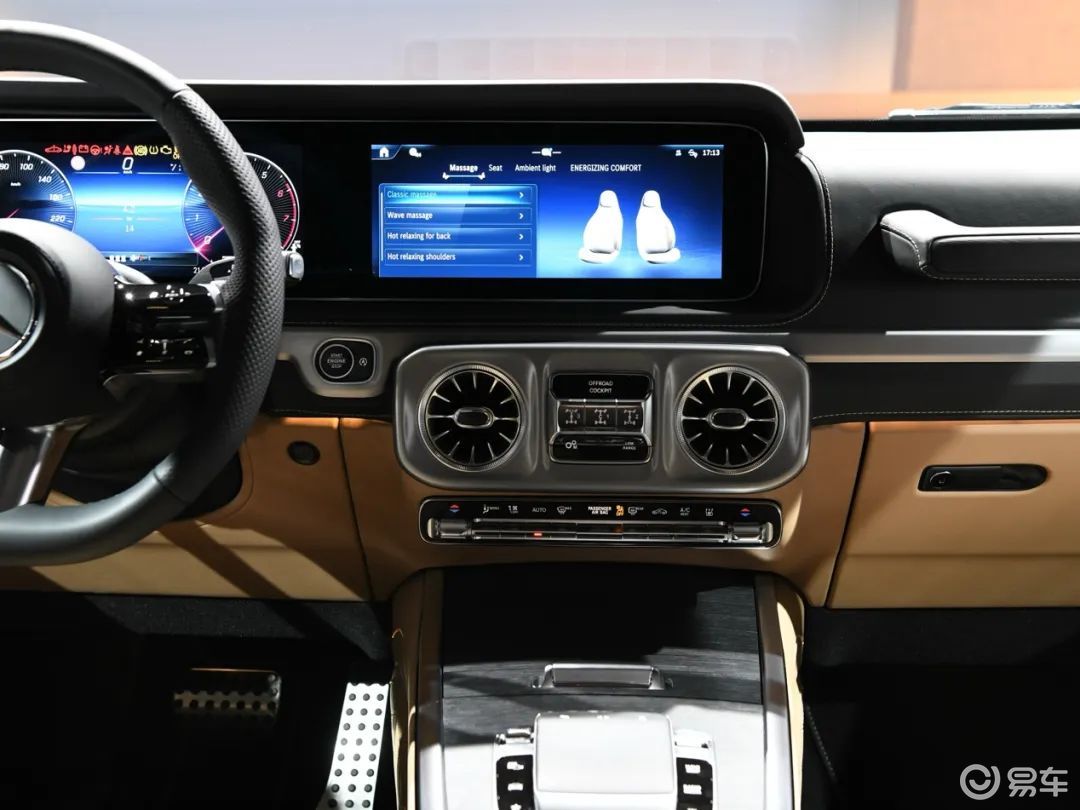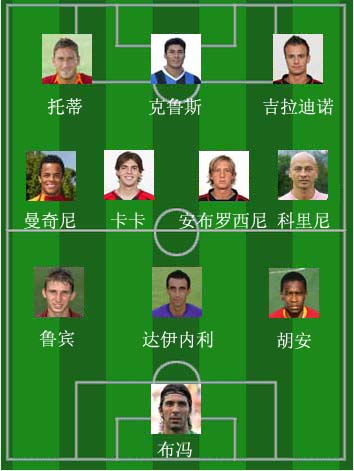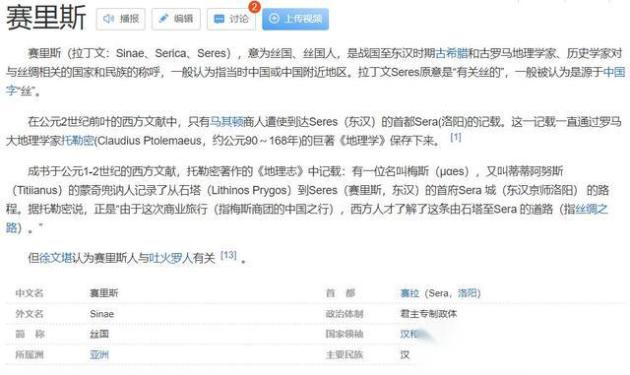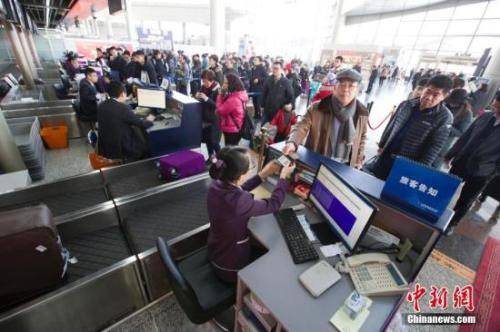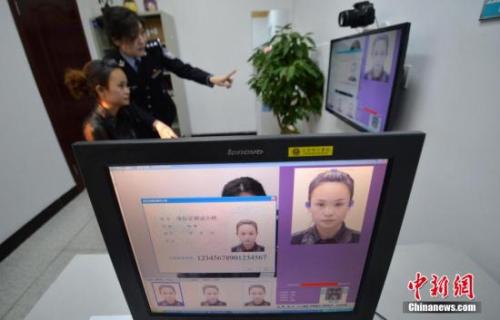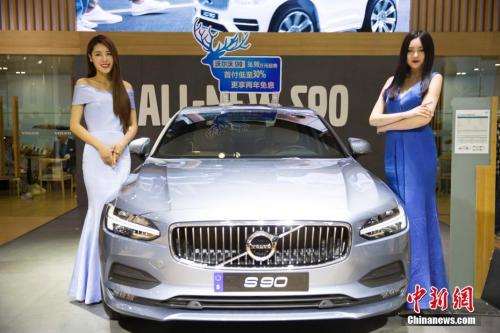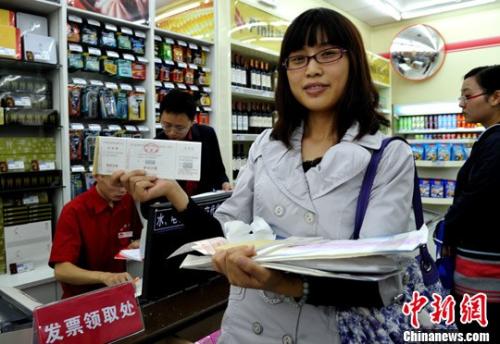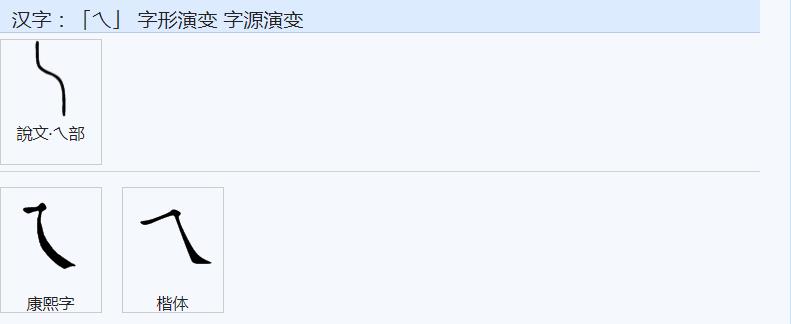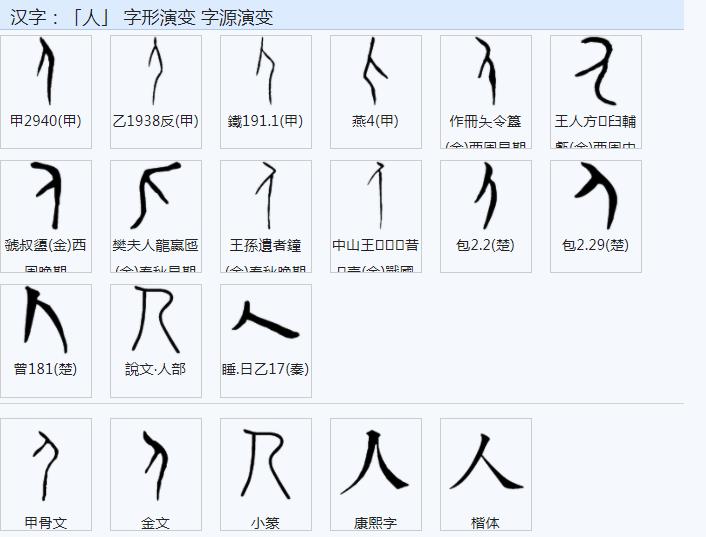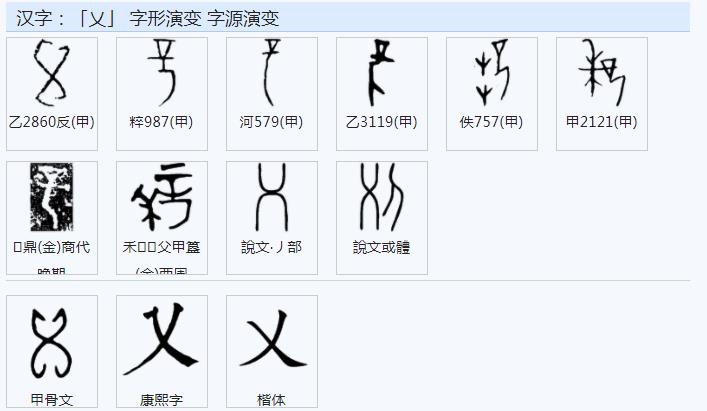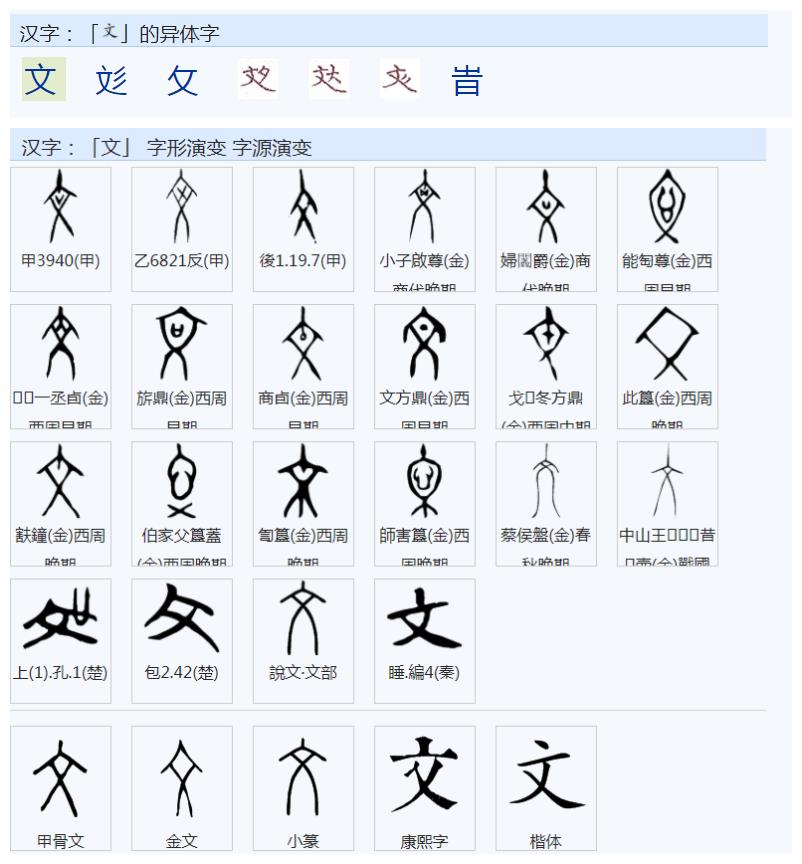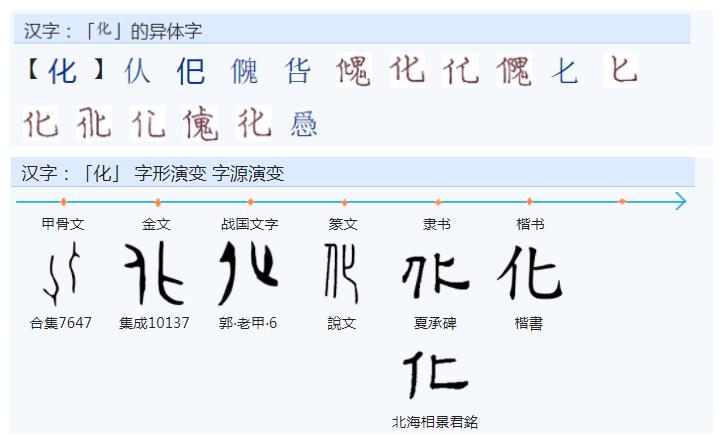What is culture and how to understand the word culture?
What is culture? Let’s start with what is literature and what is culture.
Text:
"Shuo Wen Jie Zi": "Wen, wrong painting also. Xiang Jiaowen. " (Oracle Bone Inscriptions’s writing "
",with" people "above and" hey "below. "Man" and "Wa" are wrongly drawn and like essays. )
People: from the family, from the family.Hey.
Shuo Wen Jie Zi: "Hey, right. Like the shape of a left lead. All the genus is from the genus.”。
It is the paradigm of the word "Nuo" that the right is violent and the shape like the left is more like the shape of the male root.
"Shuo Wen Jie Zi": "Hey, left-handed. From reverse to reverse. Reading is the same as reading. " . It bends from left to right, so it is the paradigm of the word "Zi" that its character image is drawn from the right and is still like the shape of yin flowing out.
The two paradigms are superimposed. Youyin affects yang.Blind dateLovers are the paradigm of herringbone.
Because Oracle Bone Inscriptions’s "person" and "entry" are easily confused. Oracle Bone Inscriptions’s "human" writing (
)
"Shuo Wen Jie Zi": "Man, the nature of heaven and earth is the most expensive. This essay is like the shape of an arm and a shin. " . Its Oracle Bone Inscriptions shape is like the shape of a person saluting from the side. The form of the adult crown ceremony of the Jewish man is the essay (or Oracle Bone Inscriptions)
") The paradigm of the word" human ".
"Shuo Wen Jie Zi": "Hey, hey. From you, from you, intersect. " .
(See a picture "Hey")
(Hey: See a painting "Hey”)
The superposition of two paradigms: Yin and Yang.HeyIt is the paradigm of the word "Wa" to intersect with Yin and Yang and make friends with Thailand.
The two paradigms of "human" and "wa" are superimposed: the staggered painting still shows that the person who sends out the information of love and mating is the paradigm of "Wen"
(Person: See "Person" in one of the two paintings)
(
), the superposition of the two paradigms of human beings: Judaism teaches the exercise of human rebirth. If the person born is the paradigm of Chinese characters. Life is full of one head and one foot. From the fall of people, it means that what they are born into).
"Wen" is a message sent by interlaced paintings that still show love and seek mating.
“change"Judaism teaches people to be born again if they are born.
"Culture" is the change caused by information orientation.
The Biography of Ben Gua in Zhouyi: "Rigid and soft are intertwined, and astronomy is also; Civilization stops, so does humanity. Observe astronomy, observe time changes, observe humanity, and turn it into the world. " .
The message of yin and yang is astronomy, and the message of civilization is humanity. Observing the information of yin and yang can tell the changes of the times. Observing the information sent by civilization and participating in it can make a world you like.
What people love now, then what the future world of mankind will be. This is the oldest and deepest understanding of "culture"
The definition of culture on the internet: culture is all human spiritual activities and their products relative to politics and economy. This is wrong. This is wrong. This is wrong. Say the important things three times.
"Culture" is the change caused by information orientation. It is not only human beings who have "culture". Everything in the world has "culture". For example, "fossils", from the information left in "fossils", we can refer to and study the changing process of paleontology. It’s just that we usually study the "culture" of human beings. Studying "culture" can let us know the past and the future. The Book of Changes was the earliest study of "culture". Unfortunately, our modern books classify it as a superstition of fortune telling.
"Text" is the information we get, or the information we send.
Information can deduce its predecessor source, what is happening now and its future development.
The "transformation" here refers to the changes after we accept the information. And the changes caused by the information we send.
The simplest and most practical understanding of "culture" is that what we love now will determine what our future will be. And everything we are suffering now is caused by our past kindness. Learning "culture" can help us to move forward towards the beauty in our hearts in the future. High-level "culture" can shape a world that one yearns for.
The "cultural" war is to confuse the beauty and ideals of the rival nation. Let its nation have no cohesion and combat effectiveness. So as to conquer the nation by using the deviant elements of the nation. Poison textbooks are an example, and the other party has already started. And we? ? ? ? ? ?
Appendix:
CIA’s Ten Commandments against China Youth
First, try to seduce and corrupt their youth with material things, encourage them to despise, despise and further openly oppose their original ideological education, especially communist dogma. Create interest and opportunities for them to be unrestrained in pornography, and then encourage them to have sexual promiscuity. Let them not be ashamed of shallowness and vanity. We must destroy the hard-working spirit they have emphasized.
Second, we must do everything possible to do a good job in communication, including movies, books, television, radio waves … and new religious communication. Making them yearn for our ways of clothing, food, housing, transportation, entertainment and education is half the battle.
Third, we must draw the attention of their youth away from the tradition of government-centered. Let their minds focus on sports performances, pornographic books, pleasures, games, criminal movies, and religious superstitions.
Fourth, they often create things that have nothing to do and let their people discuss them openly. This planted the seeds of division in their subconscious. In particular, it is necessary to find good opportunities among their ethnic minorities, split their regions, split their nationalities, split their feelings, and create new hatred and old hatred among them. This is a strategy that cannot be ignored at all.
5. We should constantly create news and vilify their leaders. Our reporters should find opportunities to interview them and then organize their own words to attack themselves.
6. Democracy should be promoted under all circumstances. Whenever there is an opportunity, whether it is large or small, tangible or intangible, we must seize the opportunity to launch a democratic movement. No matter on what occasions and under what circumstances, we must constantly demand democracy and human rights from them (the government). As long as each of us keeps saying the same thing, their people will surely believe that we are telling the truth. We catch a person is a person, we occupy a site is a site.
Seven, we should try to encourage them (the government) to spend and encourage them to borrow from us. In this way, we have full confidence to destroy their credit, devalue their currency and inflate it. As long as they lose control of prices, they will completely collapse in the people’s minds.
Eight, we should use our economic and technological advantages, tangible and intangible blow to their industries. As long as their industry is paralyzed unconsciously, we can encourage social unrest However, we must help and assist them very lovingly on the surface, so that they (the government) will appear weak. A weak government will bring greater turmoil.
Nine, to use all the resources, even gestures, a word and a smile, are enough to destroy their traditional values. We should use everything to destroy their moral hearts. The key to destroying their self-esteem and self-confidence is to hit their hard-working spirit as much as possible.
10. secretly transport all kinds of weapons and equip all their enemies and people who may become their enemies.









